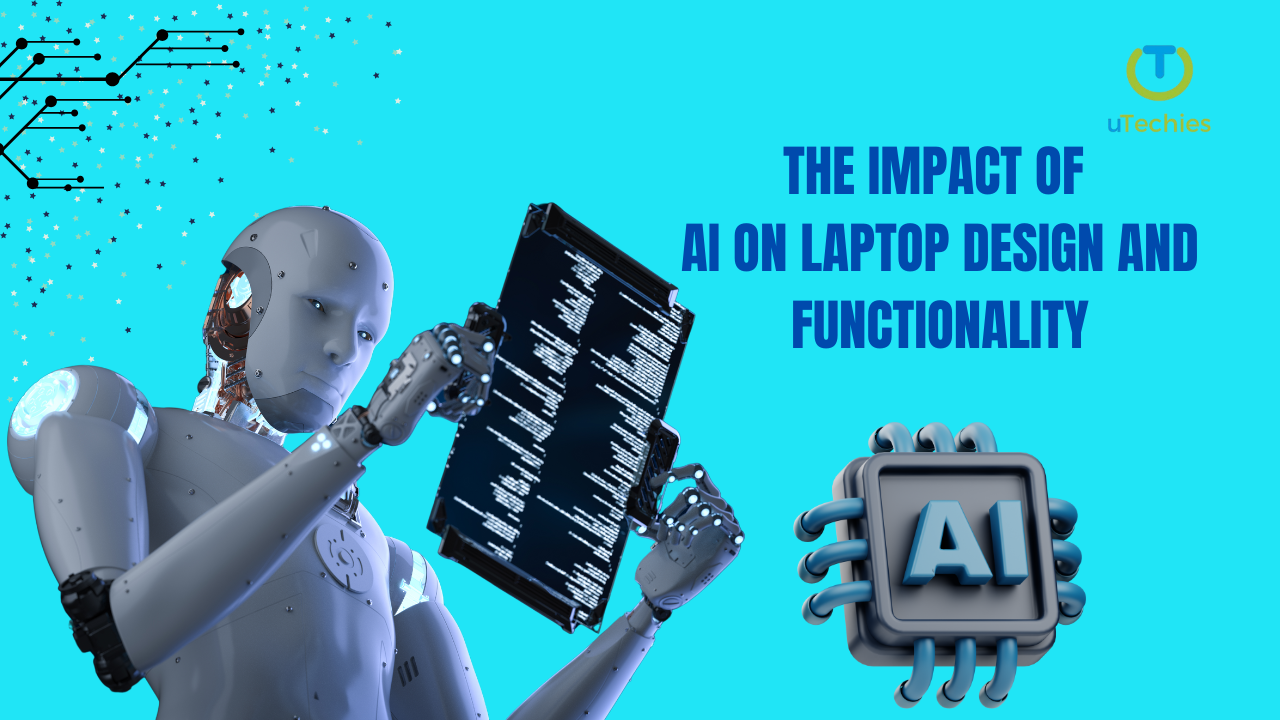Artificial Intelligence (AI) is driving a significant shift in the laptop industry, redefining both their design and functionality. This evolution goes beyond simply integrating advanced features—AI is fundamentally reshaping how laptops operate and how users engage with them. The result is smarter, more efficient, and highly responsive devices. Let’s delve into the ways AI is influencing the world of laptops.
Optimized Performance and Efficiency
AI-powered laptops are designed to dynamically adapt their performance based on how they are used. Unlike traditional models with static settings, AI enables devices to analyze user behavior and adjust processing power and resource allocation accordingly. This leads to better efficiency, lower energy consumption, and an overall improved user experience. For instance, AI algorithms can allocate resources to high-priority tasks while conserving power for less demanding operations, creating a seamless balance between performance and energy savings.
Tailored User Experiences
AI is transforming how users interact with their laptops by personalizing their experience. By studying user habits, preferences, and routines, AI can make suggestions, automate repetitive tasks, and even predict upcoming actions. This customization not only improves productivity but also makes laptops feel more like personalized digital assistants. Creative professionals especially benefit from AI features such as smart editing tools and automatic photo enhancements, which reduce time spent on routine tasks.
Advanced Security Measures
As cybersecurity concerns grow, AI has emerged as a powerful tool for enhancing laptop security. AI-driven systems can detect threats by analyzing behavioral patterns and identifying anomalies in real-time. Features like facial recognition and biometric authentication add an extra layer of protection, ensuring that sensitive data remains accessible only to authorized users. These advancements significantly boost user confidence in the security of their devices.
Continuous Adaptation and Learning
A standout feature of AI integration in laptops is the technology’s ability to evolve. AI systems can receive updates to refine their performance and expand their capabilities without requiring manual input from users. This adaptability ensures that laptops stay relevant and efficient over time, delivering consistent performance improvements and an enhanced user experience as the software evolves.
Shaping the Future of Mobile Computing
AI is driving the evolution of portable computing by making laptops smarter and more energy-efficient. Machine learning techniques enable better power management, leading to extended battery life while maintaining high performance. Additionally, the integration of augmented reality (AR) and virtual reality (VR) capabilities into laptops promises immersive experiences in areas like gaming, education, and professional training. These developments are paving the way for a more dynamic and versatile future for mobile computing.
Examples of AI-Powered Laptops
Several modern laptops highlight the integration of AI technology:
- Razer Blade 14 (2023): Leverages AI to optimize gaming performance by analyzing graphics requirements in real-time.
- Asus ZenBook Pro Duo 15 OLED: Includes AI-enhanced color calibration for creatives and features a secondary touchscreen for improved multitasking.
- HP Spectre x360 16: Adapts performance settings based on usage patterns and offers features like “Dynamic Audio” to adjust sound quality according to the environment.
Conclusion
The incorporation of AI into laptop design and functionality is revolutionizing the industry. From performance optimization and personalized experiences to enhanced security and continuous learning, AI is enabling laptops to become intelligent companions. As this technology continues to evolve, the possibilities for innovation are endless, promising a future where laptops are not just tools but indispensable partners in our daily lives.






